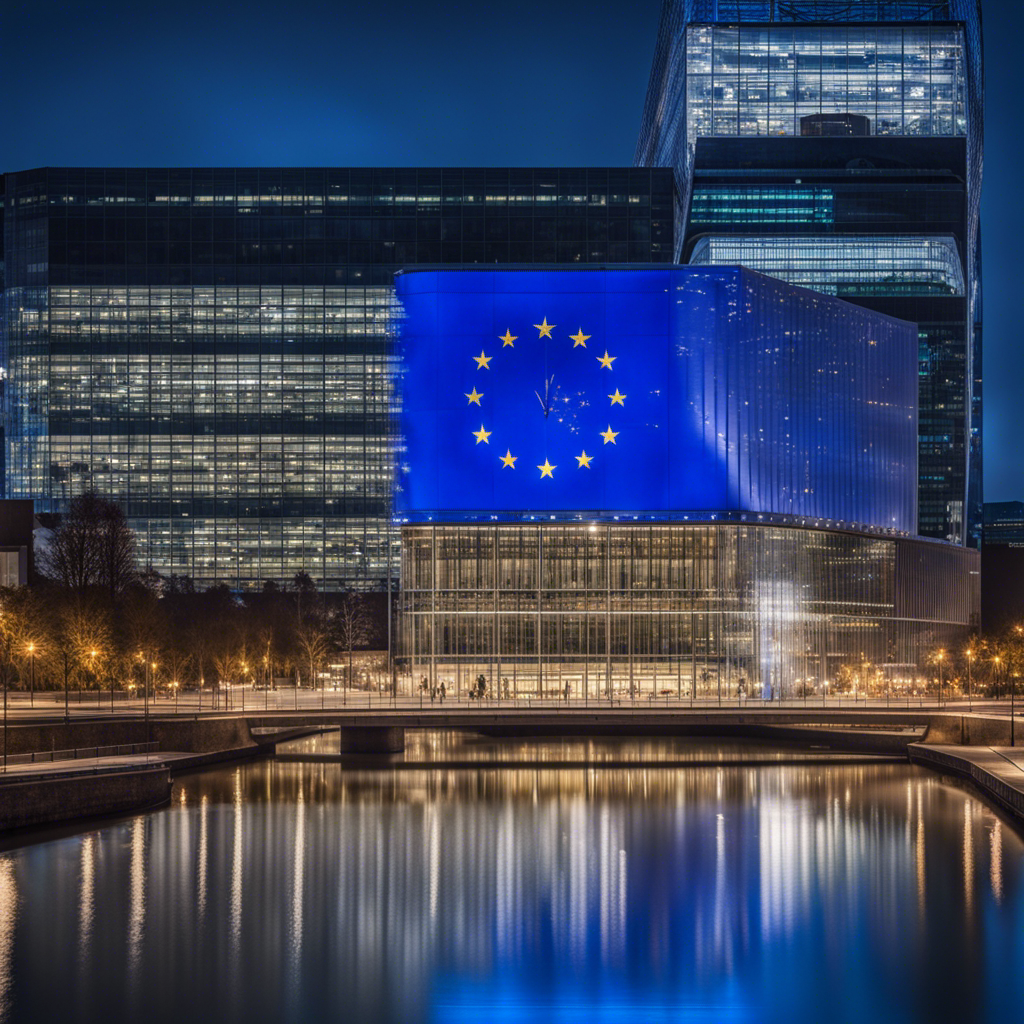The European Commission recently sanctioned Apple with a hefty €1.8 billion penalty – a punishment that’s been long proverbial in coming. For half a decade, the ride has not been smooth as aspects of Apple’s highly controlled tech environment and possible manipulation of competition and customer choices have consistently created contention.
Although Apple has been on the radar for its controversial tax deals with Ireland and continues to challenge an EU judgement asking for unpaid taxes, it managed to stay pretty much ‘invisible’ to the EU’s increasingly stringent regulation of large tech organisations. While EU rules shaping the conduct of these titans have heavily impacted firms like Meta and Google, Apple somehow always managed to stay in the good books, being seen as the obedient student at the forefront.
This luck of Apple came to a halt this week. “Apple has exploited its significant position in the market for the distribution of music streaming apps via the App Store for a decade,” stated Margrethe Vestager, the EU vice president responsible for competition issues. The €1.8 billion penalty was a whopping four times more than what had been anticipated and the third highest ever levied by the EU. Google has the unwelcome distinction of incurring the largest and second largest fines, at €4.34 billion in 2018 and €2.42 billion in 2017, respectively.
This punishment traces its origin back to a grievance lodged by Spotify. The irony isn’t lost given Spotify’s leading position in the music streaming industry, a point Apple was quick to highlight. The resources required to lodge such complaints mean that bigger organisations are better equipped to voice such concerns.
Major tech firms often come across like disgruntled teenagers, grumbling “what about” points after being rebuked. For instance, Meta has observed that it isn’t the only one using specific contracts to transfer EU data to the US – after the European Court of Justice decided that the two EU/US data transfer agreements did not fulfil the needs of the General Data Protection Regulation (GDPR), with competitors and smaller businesses doing the same. Hence Meta’s complaint about why the Irish Data Protection Commission (DPC) singles them out for punishment.
Despite being major corporations and seemingly obvious targets for complaints and penalties, large companies should not construe this as being unjustly “targeted”. Such occurrences merely indicate that they are significant enough to set a precedent in case law that could apply to other enterprises in relevant circumstances. Being highly profitable and large-scale cannot serve as a shield against such actions.
The recent penalty imposed on Apple equates to a mere 0.5% of its annual global revenue, as acknowledged by Vestager. The base fine of €40 million is considered akin to a “parking ticket”, which is why an additional €1.8 billion was added for deterrence. However, the true ability of such penalties to deter companies worth over a trillion euro has been questioned. For instance, stockholders of Meta were unaffected by a $5 billion fine levied by US regulators in 2019 and a €1.2 billion fine imposed by the DPC the following year.
Despite this, one shouldn’t overlook the symbolic role of such a substantial fine on Apple. With the company’s extensive cash reserves, immediate payment of this penalty is achievable. However, it could spark serious concern within the corporation, regardless of market reactions (such as a fractional decrease in Apple’s share value).
The two main digital regulations of the EU, the Digital Markets Act (DMA) and Digital Services Act (DSA), are currently fully operational with more technology affecting regulations anticipated. The EU has positioned itself as the global tech regulator since its decisions carry global weight. However, Apple’s decision to comply with new regulations solely within the EU and not extend these concessions to customers in other markets could backfire. The enormous penalty on Apple serves as a stark warning to the tech industry, indicating that former operating methods may be scrutinised in the future. Future penalties may surpass those of the past, which remained in the hundreds of millions, signalling a possible end of that era.
No firm or board of directors relishes the announcement of hefty fines. Even if they do not entirely deplete the yearly profits, the effects are still damaging, particularly when they occur recurrently. Worryingly, they tarnish the shine and reputation of a brand and often invite increased attention from the public, regulatory bodies and stakeholders towards overall operational issues or product and service concerns.
Companies may grumble, however the significance and size of the European market make it too valuable for major technology firms to simply abandon. The age of technology self-governance, which practically implied no governance, might not come to a complete halt. Nonetheless, thanks to the EU, the scrutiny and challenges it faces will intensify, with implications felt worldwide.
-Subscribe to Business push notifications to instantly receive the most relevant news, analyses and comments on your phone.
– Stay updated by following The Irish Times on WhatsApp.
– Tune in to our weekly Inside Business podcast for the latest episode.

